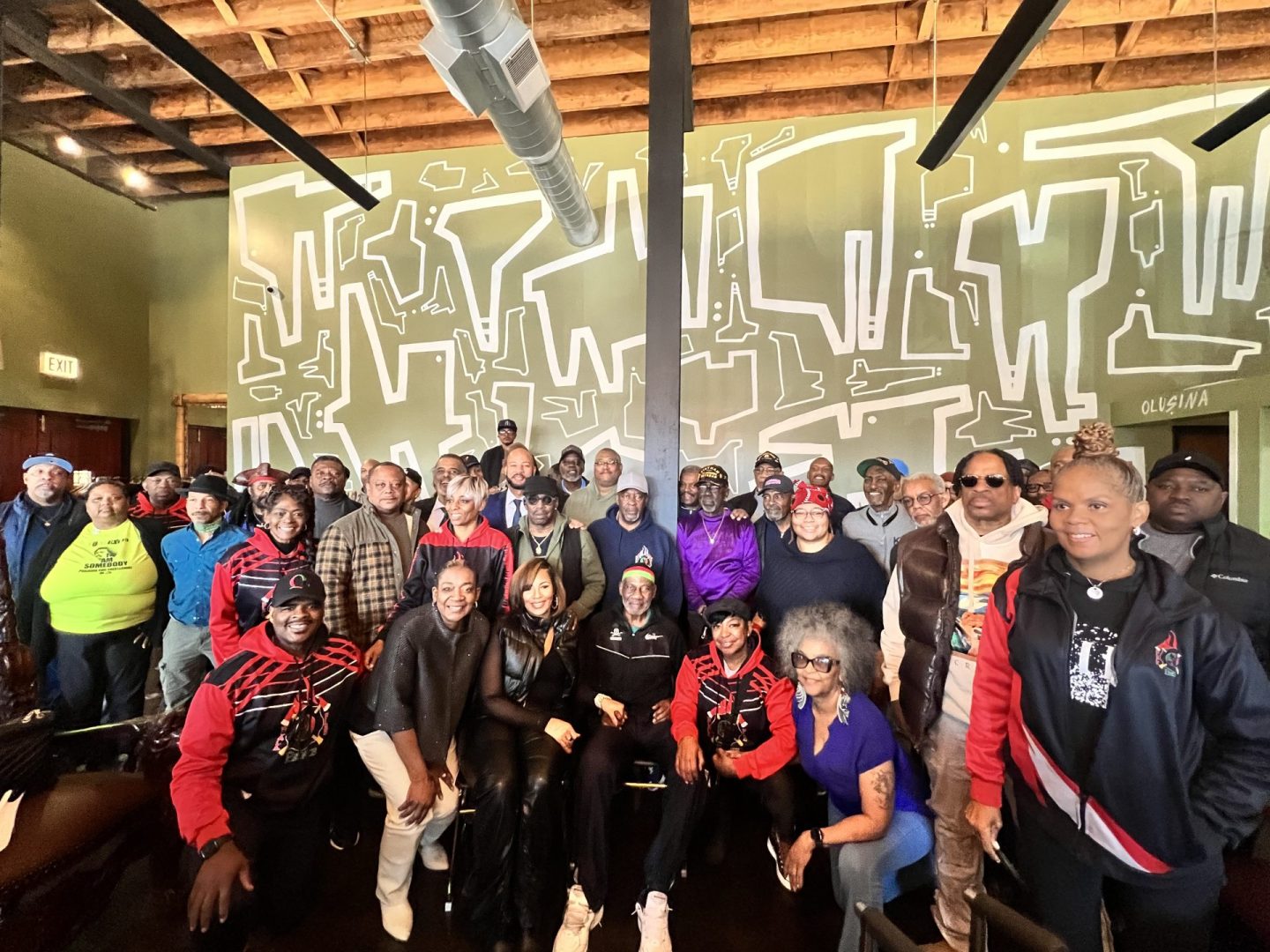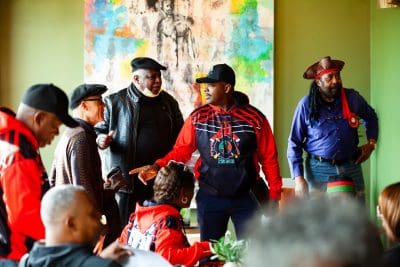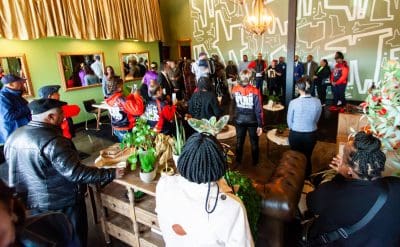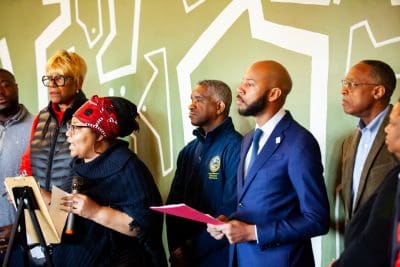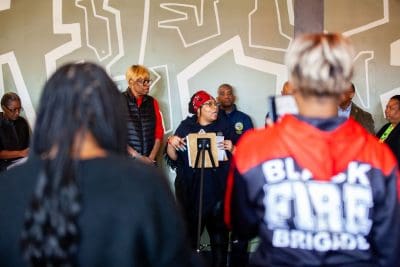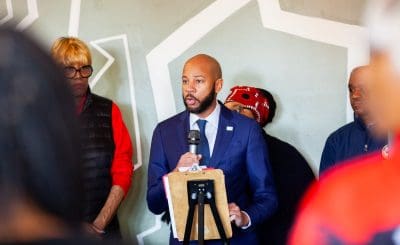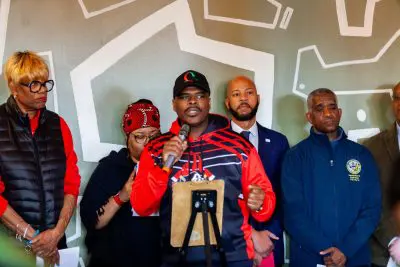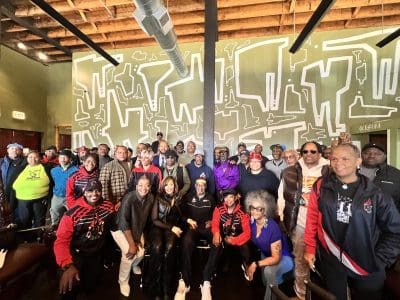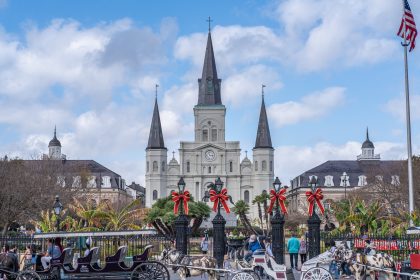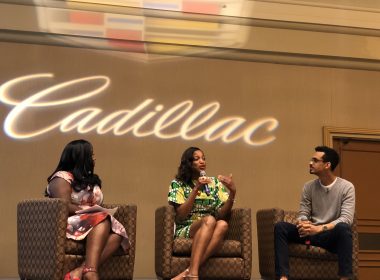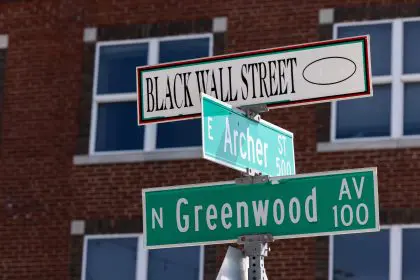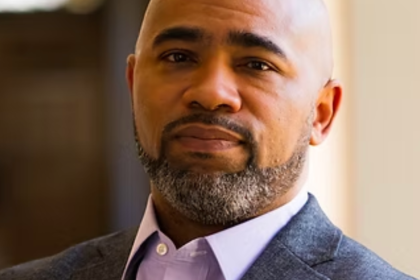In a sometimes contentious gathering held at Parkway Social Co-Working Space on Friday, March 29, 2024, a coalition of retired and active Black members of the Chicago Fire Department, known as the Black Fire Coalition came together to address a critical issue that has long plagued the department: the inequitable treatment of Black firefighters in testing, hiring, and promotion processes. This event, marked by an air of urgency, was not just a mere meeting but a strong, collective stand against systemic racism within one of the city’s key institutions.
Participants included influential figures such as Alderwoman Jeanette Taylor, representatives from the Aldermanic Black Caucus, the West Side NAACP, the Black Fire Brigade, and members of the Black Fire Coalition, all united in their commitment to effecting change.
The gathering at Parkway Social Co-Working Space, a venue chosen for its significance within the community and its capacity to host such a transformative event, was driven by a number of troubling facts. The City of Chicago and its fire department have been embroiled in numerous lawsuits over the years, pointing to a persistent problem with racial discrimination in their employment practices. These legal battles underscore a systemic issue that has resulted in the underrepresentation and unfair treatment of Black individuals within the CFD.
Central to the coalition’s agenda is a call for the City of Chicago to enforce Appendix G, which mandates equity in the department’s operational policies. The coalition is pushing for the appointment of an Equity Officer to oversee and ensure fairness and diversity within the CFD. A major point of contention has been the department’s testing system, which the coalition argues needs a complete overhaul to eliminate racial biases and ensure equal opportunities for all demographics.
The decline in Black representation within the CFD is alarming. Even though 603 Black firefighters were sworn in in 1980, this number had barely changed by 2022, with a total of 602. This stagnation is particularly concerning given the absence of a consent decree since 1973, a legal oversight mechanism designed to enforce fair hiring practices. Notably, 15% of Black firefighters had no choice but to sue the department in federal court to secure their positions, highlighting the barriers to entry and advancement they face due to discriminatory practices.
Rolling out spoke with the Alderwoman of the 20th Ward, Jeanette Taylor about the purpose of the Black Fire Coalition and the outcomes they are working for.
“I feel like Commissioner Annette Nance-Holt doesn’t have the support needed to ensure that Black firefighters who look like her are in this space. The Black Fire Coalition is her support system. The coalition wants the consent decree back. They want the task force to meet and report out every 30 days and to put an equity officer to be in place.
“What I like about this is we have a multi-coalition of retired firefighters, new firefighters, and lawyers. We have everybody at the table. There’s no reason why this can’t happen. The mayor is supportive. I had a conversation with him. He said it was wrong. It’s a matter of us just doing the work. My job is to make sure that the next generation of firefighters who look like us, who want to be there, get there,” Taylor continued.
This meeting was a significant step forward in the fight against systemic racism in the CFD, offering a platform for voices that have long been marginalized. The demands for enforcing Appendix G, appointing an Equity Officer, and overhauling the testing system are critical measures that need immediate attention. The coalition’s efforts to bring these issues to light and push for meaningful change reflect a broader movement toward racial justice and equity in Chicago and beyond.

